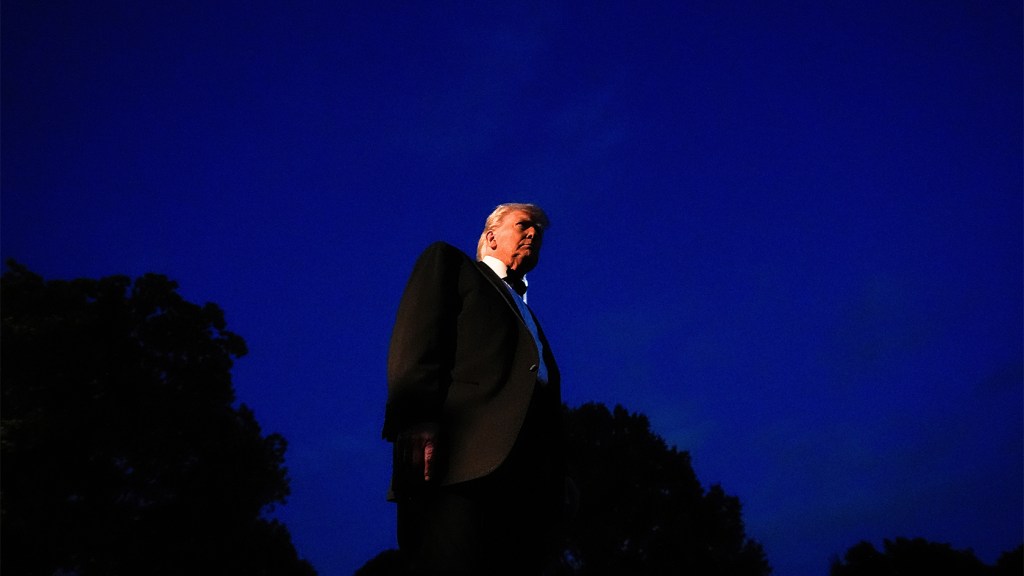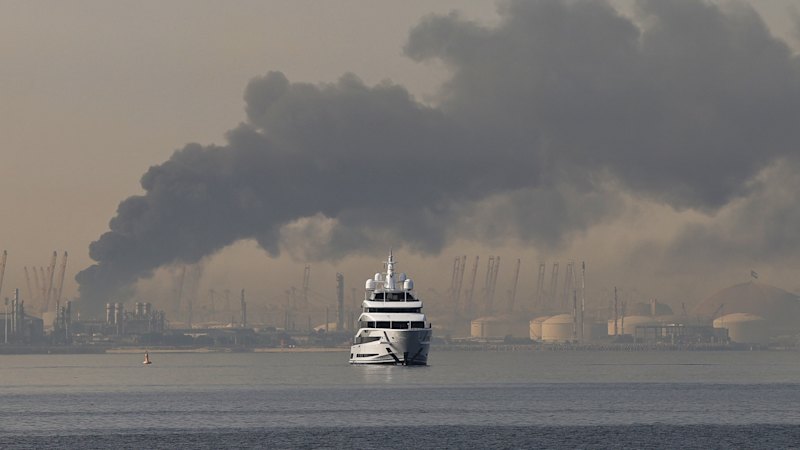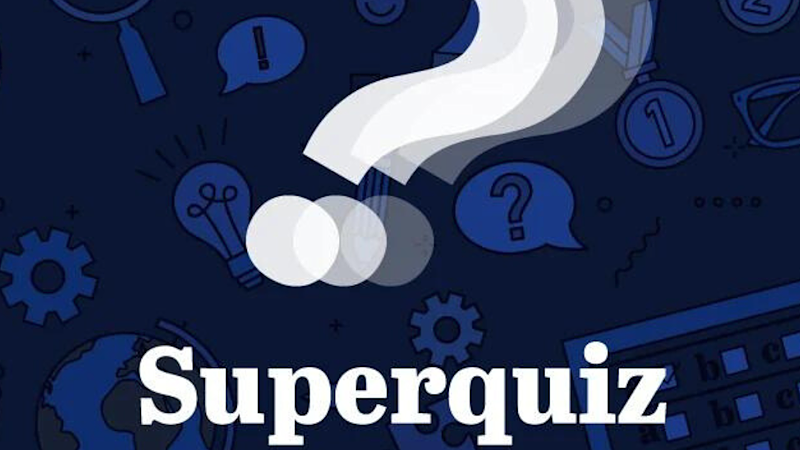
The political landscape in the United States is experiencing significant shifts, with a growing trend towards authoritarianism among right-wing factions. This change has been highlighted by recent actions involving key figures such as Donald Trump and Ted Cruz, alongside controversial moves by corporate entities and government officials.
The recent cancellation of late-night host Jimmy Kimmel has prompted some members of the right to voice their concerns regarding free speech. Notably, Brendan Carr, head of the Federal Communications Commission (FCC), issued threats that many deemed unconstitutional. This prompted reactions from conservatives, including Ted Cruz, who recognized the infringement on the First Amendment. The preemptive compliance exhibited by companies like Disney in response to these threats underscores a troubling trend of corporate capitulation to political pressures.
In July, the decision by Paramount to cancel Stephen Colbert was seen as an extreme measure to secure approval for a key merger. This act of shutting down comedians who criticize political leaders is indicative of authoritarian practices. The trend raises questions about corporate responsibilities and the role of businesses in protecting free speech. Companies that publicly advocate for values such as free speech often act primarily in their own interests, prioritizing shareholder value over fundamental rights.
The right’s silence on these issues suggests a significant shift away from principles that once defined the Republican agenda, such as free trade and limited government. The erosion of these values has been stark, with many right-wing figures supporting the administration’s tactics, including the politicization of judicial processes and the suppression of dissenting voices. The assassination of right-wing extremist Charlie Kirk has been weaponized to justify crackdowns on progressive groups, despite a lack of evidence linking the act to left-wing entities.
Trump’s administration has also made attempts to exert control over the Federal Reserve, a move that has raised concerns among some economists. His crony capitalist deals, including arrangements with companies like Nvidia, and efforts to manipulate economic data have largely gone unchallenged by the right. This lack of pushback reflects a broader ideological crisis within the right-wing movement, which seems increasingly disconnected from its historical roots.
The ideological victories of the 1980s, which saw the ascendancy of neoliberalism, appear to be in jeopardy. The right, once a champion of small government and independent central banks, now risks becoming a threat to those very principles. The current trajectory suggests a departure from traditional conservatism towards a more extreme right-wing ideology, which lacks clarity and coherence.
The recent political developments illustrate a concerning trend towards authoritarian practices. The right’s apparent support for Trump’s attempts to overturn the 2020 election results further underscores this shift. Attacks on judges and the use of government agents to detain individuals indicate a move away from the rule of law.
The commitment to freedom of expression, once a cornerstone of the right’s ideology, is also in question. Those who oppose “woke” culture often engage in censorship themselves when in positions of power. This contradiction reveals a deeper issue: the supposed dedication to freedom may only serve as a tool for targeting marginalized groups and dissenting voices.
As the United States grapples with these changes, the transition from conservatism to neoliberalism and now potentially to nihilism marks a historic transformation. The implications for democracy, individual freedoms, and the rule of law are profound. The ongoing evolution within the right may define the future political landscape, not just in the U.S., but across the globe, particularly in countries like Australia that are observing these developments closely.






